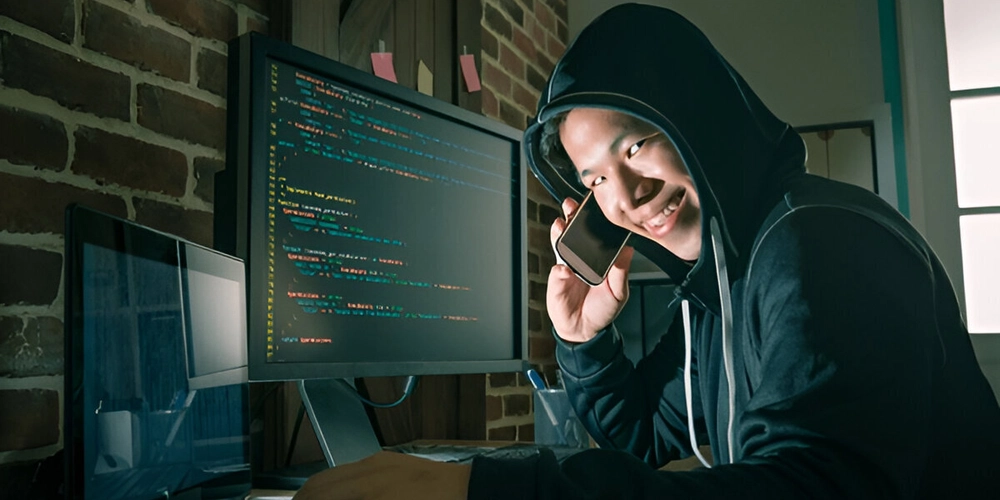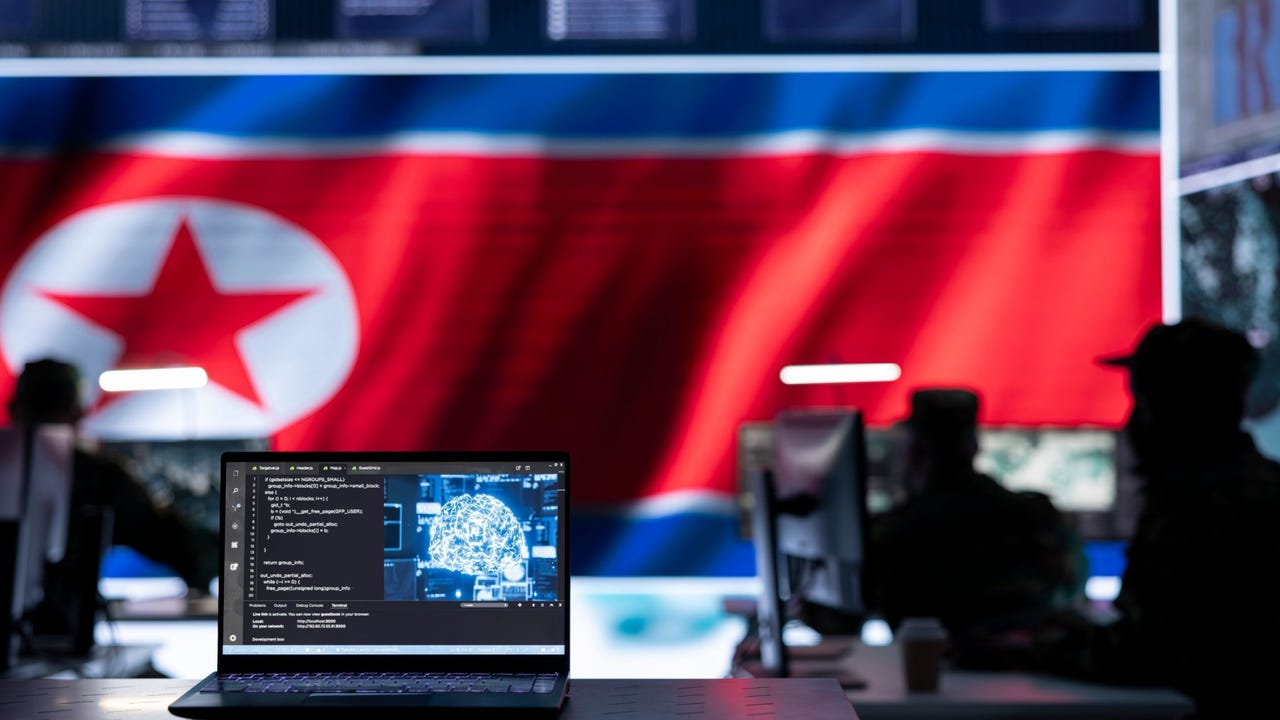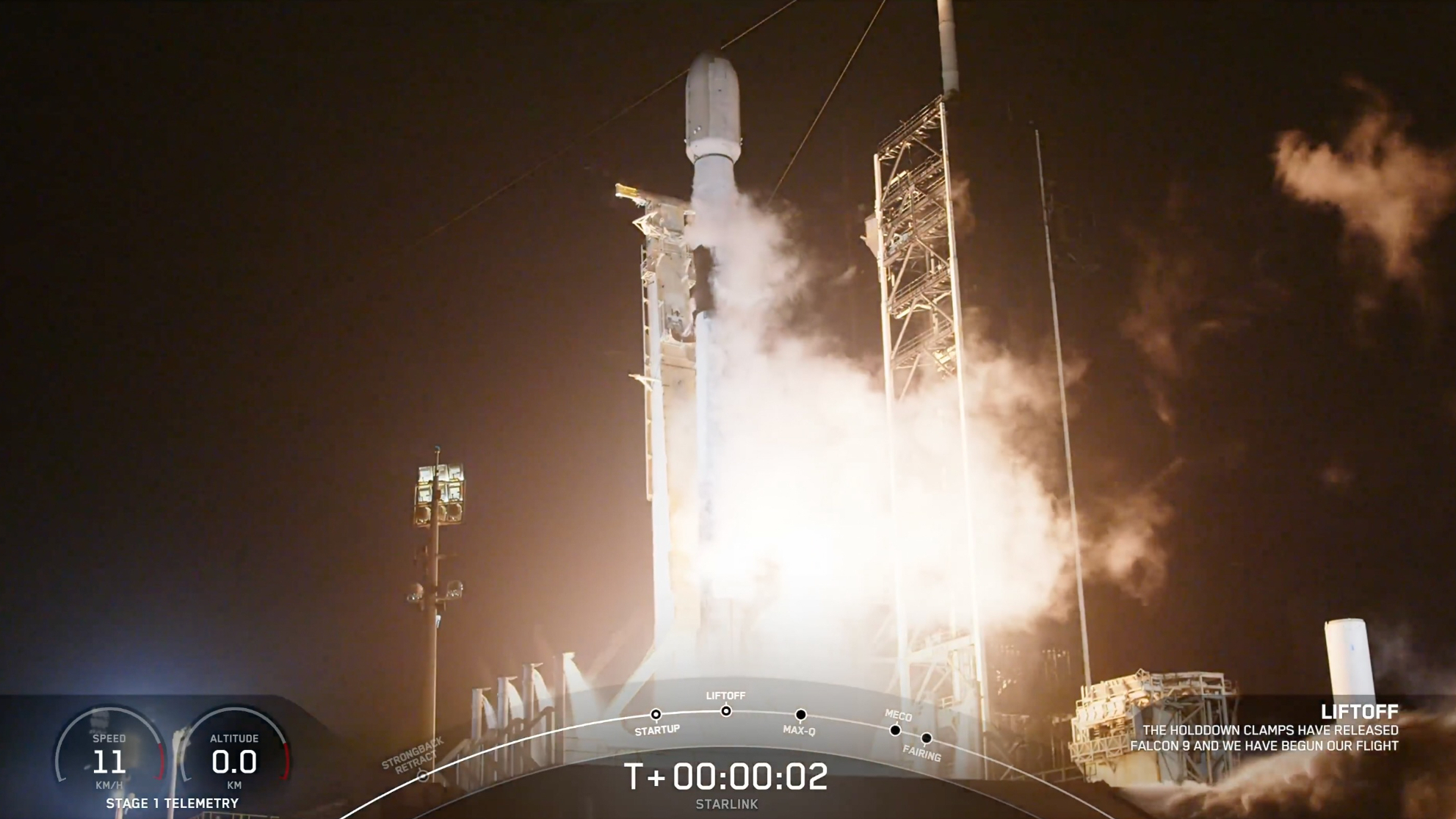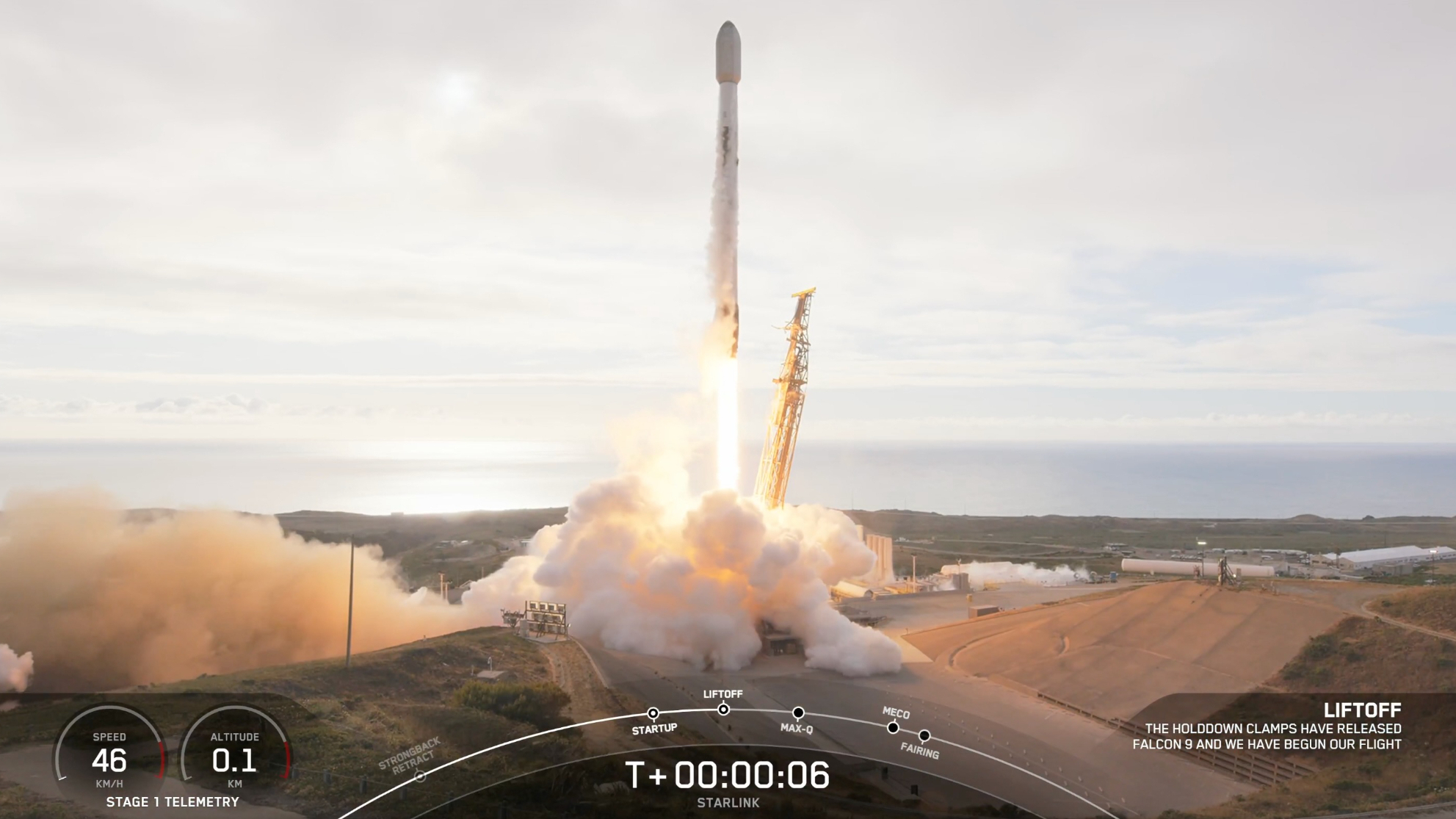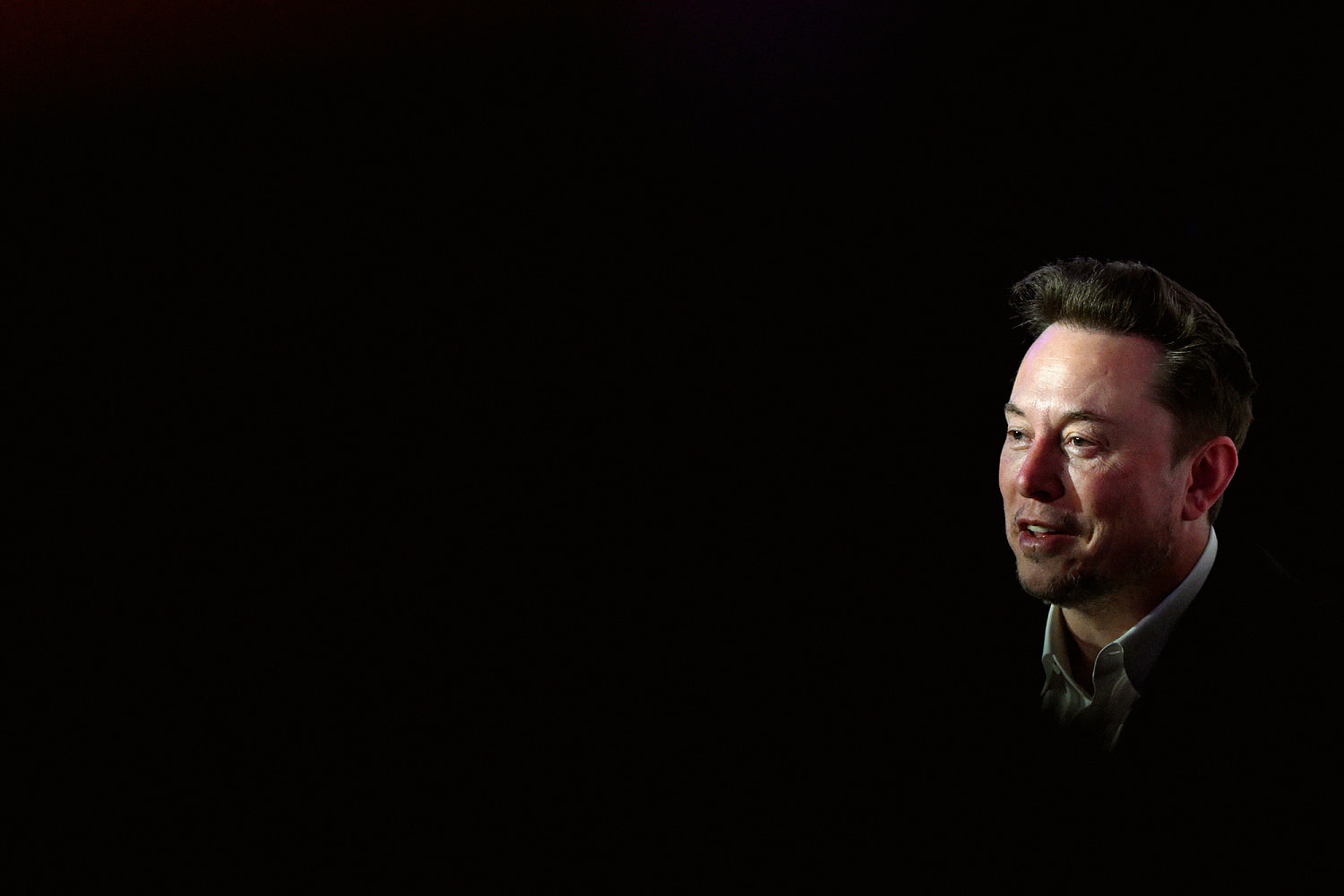Supreme failure: Trump's lawyers will flop in arguments against birthright citizenship
The U.S. Supreme Court will consider the validity of President Trump's executive order to exclude children of "unlawful" entrants from birthright citizenship, with many justices likely to express extreme skepticism about the order's constitutionality.

When the U.S. Supreme Court convenes on Thursday for an unusual May session, the only item on the calendar will involve President Trump’s executive order, which purports to exclude the children of so-called “unlawful” entrants from the Fourteenth Amendment’s guarantee of birthright citizenship.
Three lower courts have already issued temporary injunctions against Trump’s order, which is titled “Protecting the Meaning and Value of American Citizenship.” Those cases have been consolidated before the Supreme Court, where consideration will technically be limited to whether the injunctions can be applied nationwide, or narrowed to the three trial courts’ districts. Even so, every observer will be watching the oral argument to see which justices tip their hands on the underlying merits of the case.
My prediction is that both liberal and conservative justices, perhaps even a majority, will reveal extreme skepticism about the validity of Trump’s order, because it is contrary to the “original public meaning” of the Fourteenth Amendment.
Under the Fourteenth Amendment, “All persons born or naturalized in the United States, and subject to the jurisdiction thereof, are citizens of the United States.”
The gist of the executive order, however, is that the U.S. government will not recognize birthright citizenship for any child “when that person’s mother was unlawfully present in the United States and the person’s father was not a United States citizen or lawful permanent resident at the time of said person’s birth.”
The Trump administration supports this conclusion through a deceptive two-step, asserting (1) that “jurisdiction” actually means “allegiance,” which (2) cannot apply to parents who are “unlawfully present” in the U.S. This argument is so poorly conceived — logically and constitutionally — that at least some of the justices will surely take the opportunity to point out the flaws.
According the government’s Supreme Court pleadings, “The original public meaning of the term ‘jurisdiction’ refers to ‘political jurisdiction’ (which turns on whether a person owes allegiance to, and is entitled to protection from, the United States), not regulatory jurisdiction (which turns on whether a person must follow U.S. law).” Thus, the argument continues, the children “of illegal aliens . . . are not subject to the political jurisdiction of the United States.”
That is a non sequitur. Even if "jurisdiction" under the Fourteenth Amendment entails something called allegiance (it doesn’t), and even if “illegal aliens” lack such allegiance (they don’t), that would still be meaningless with regard to newborn children, who have by definition arrived quite legally in the U.S. In other contexts, the Constitution makes it clear that parents’ status, whether exalted or corrupt, does not descend to their children.
But that’s not all. The government’s pleadings repeatedly assert that the children of unlawful entrants are excluded from birthright citizenship under the Fourteenth Amendment’s “original public meaning,” which, according to recent Supreme Court decisions, was “fixed according to the understandings of those who ratified it.”
In 1868, the ratifiers of the Fourteenth Amendment could not possibly have understood birthright citizenship, even under an “allegiance” theory, to exclude the children of “illegal aliens,” because that category simply did not exist at the time.
The first general restriction on immigration, the racist Chinese Exclusion Act, was not passed until 1882. Thus, when the meaning of the Fourteenth Amendment was fixed by its ratification, there was no distinction between lawful and unlawful immigrants. There was only one class of entrants, to whose children birthright citizenship applied without differentiation.
That has been the settled law since 1898, when the Supreme Court held, in Wong Kim Ark, that the Fourteenth Amendment’s jurisdiction clause excluded only the children of foreign diplomats or alien enemies “in hostile occupation.” (A third exception applied to “Indians not taxed,” who remained members of their sovereign tribes, which was rectified by the Indian Citizenship Act of 1924.)
In upholding the citizenship of Wong Kim Ark, who was born in San Francisco to Chinese parents, the Supreme Court placed it “beyond doubt” that, apart from the specific exceptions, all children born “within the jurisdiction of the United States are citizens of the United States,” making no mention of parental immigration status.
As a formal matter, the Supreme Court can determine the proper scope of the three injunctions without reaching the constitutionality of Trump’s executive order. I’d be willing to bet, however, that the subject will be irresistible at Thursday’s oral argument.
The liberal justices will certainly have no sympathy for denying citizenship to hundreds of thousands of American-born children. The conservatives are deeply committed to originalism, which would include the fixed meaning of the Fourteenth Amendment as of its 1868 ratification. The government lawyers should be bracing themselves for some tough questions about the constitutionality of the executive order itself. Unfortunately for them, there are no convincing answers.
Steven Lubet is the Williams Memorial Professor Emeritus and director emeritus of the Bartlit Center for Trial Advocacy at the Northwestern University Pritzker School of Law.



















